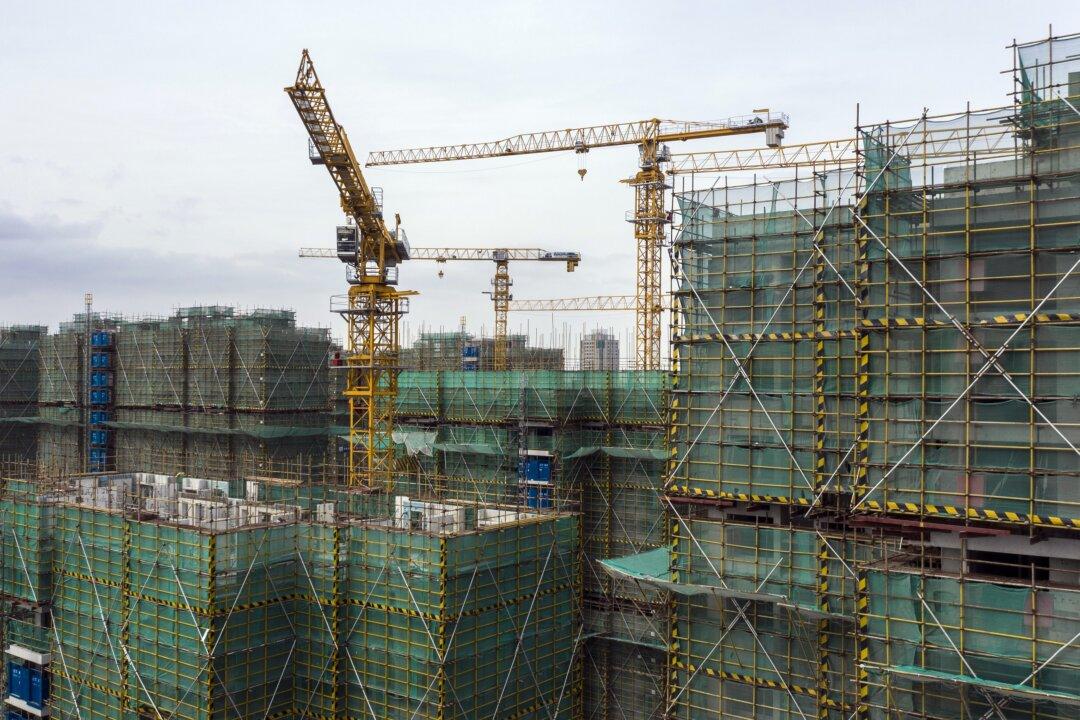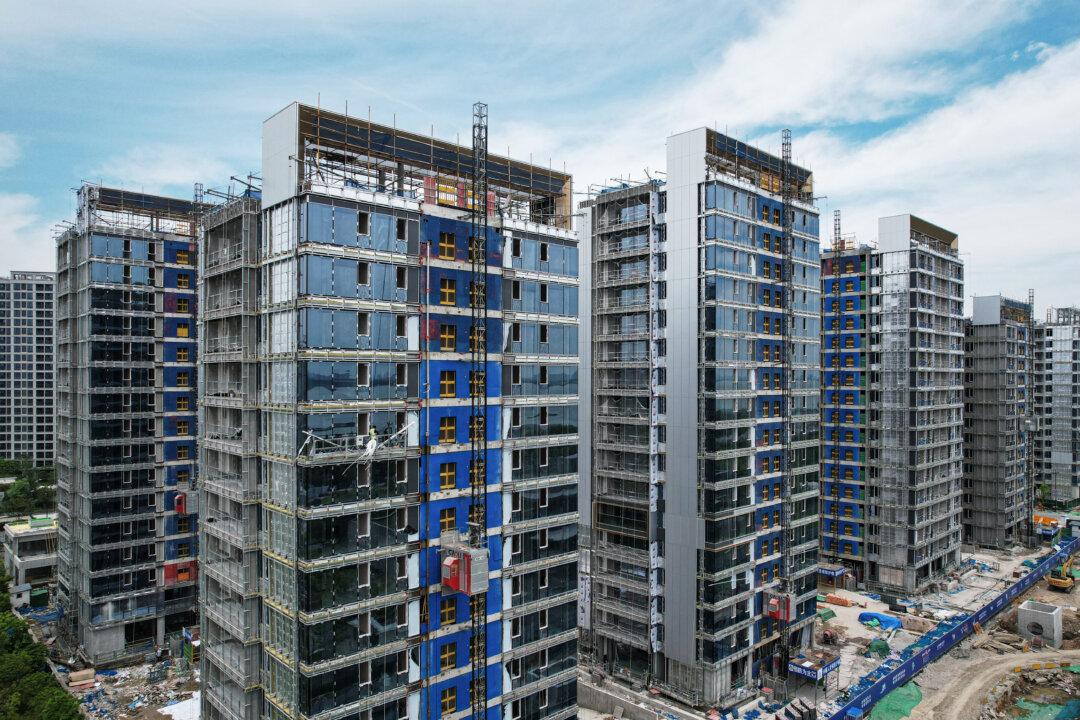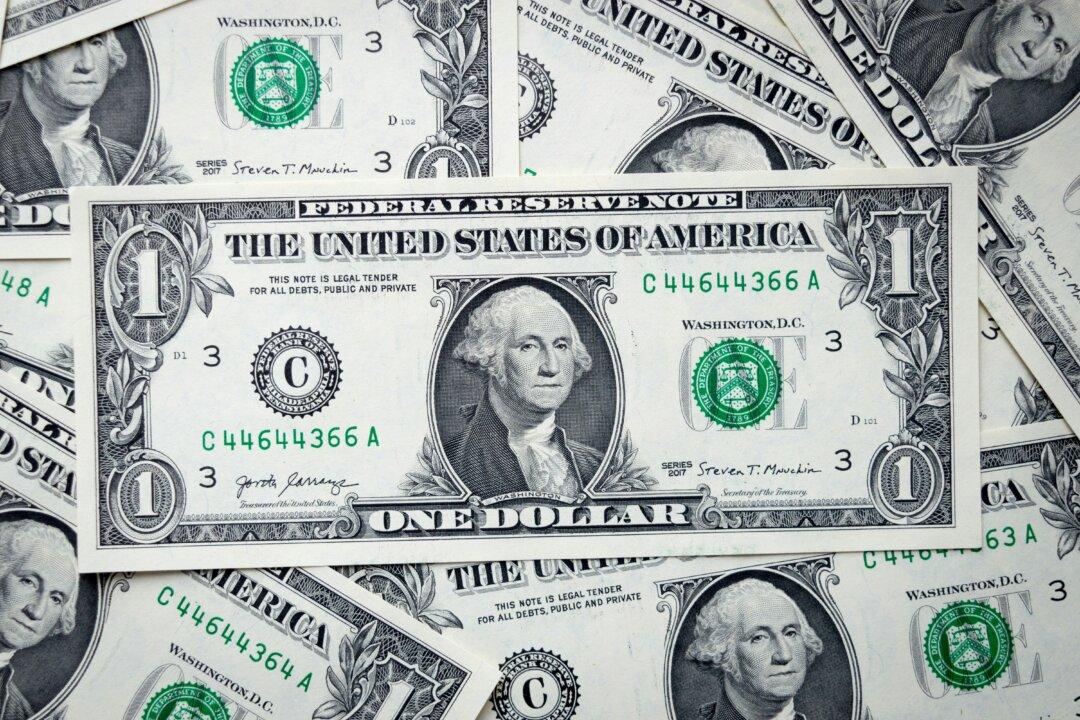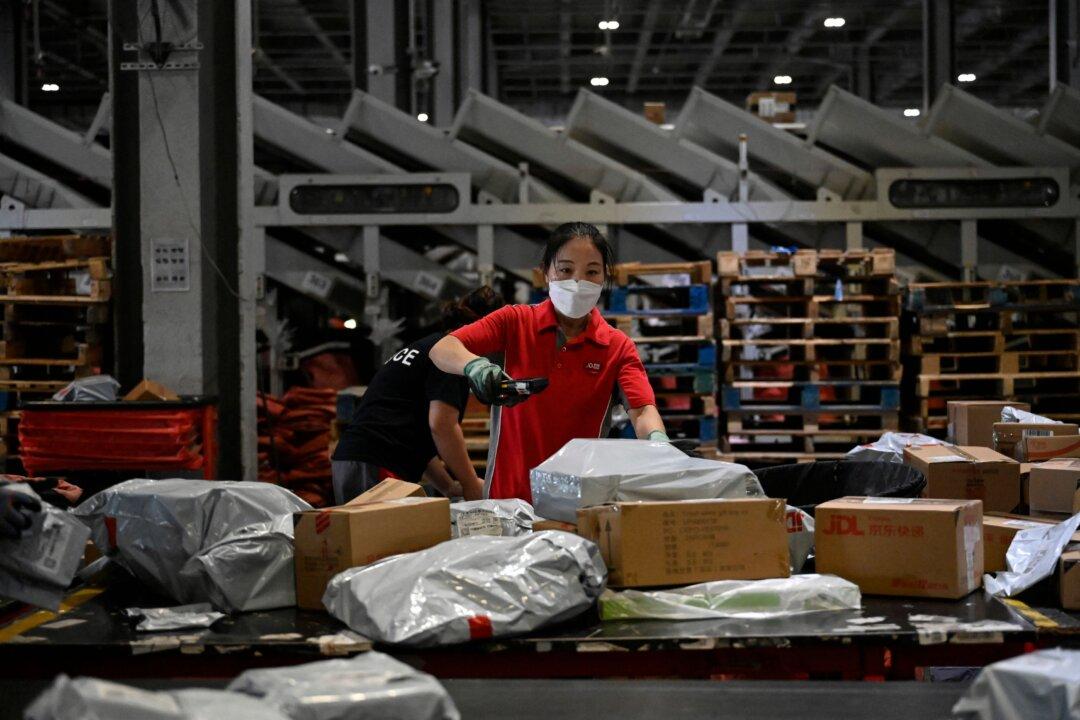Following the biggest drop in sales in at least six years in October last year, Country Garden reported another month of dismal performance in December, as its contracted sales less than halved year-on-year, exacerbating the beleaguered property developer’s woes.
According to a brief filing of the unaudited operating figures for December 2023 to the Hong Kong Stock Exchange on Jan. 4, “the Company achieved contracted sales attributable to the shareholders amounted to approximately RMB6.91 billion [and a sales of] approximately 0.68 million square meters.”





